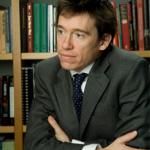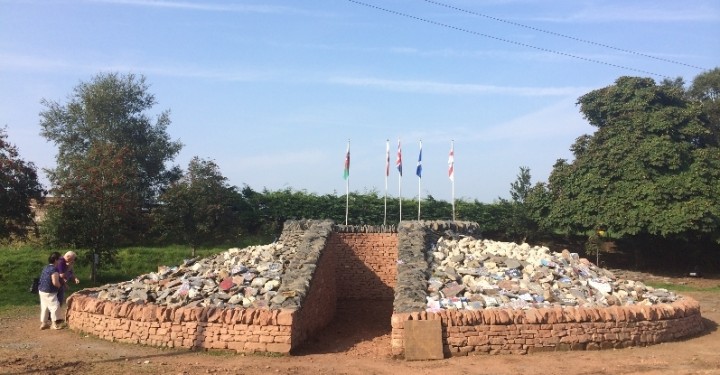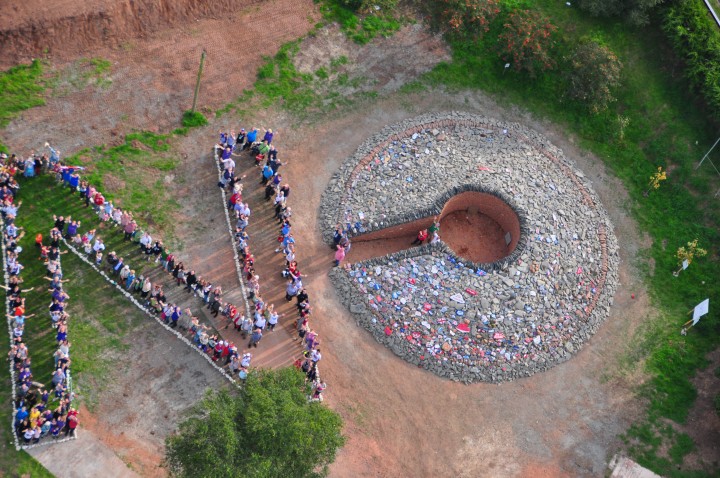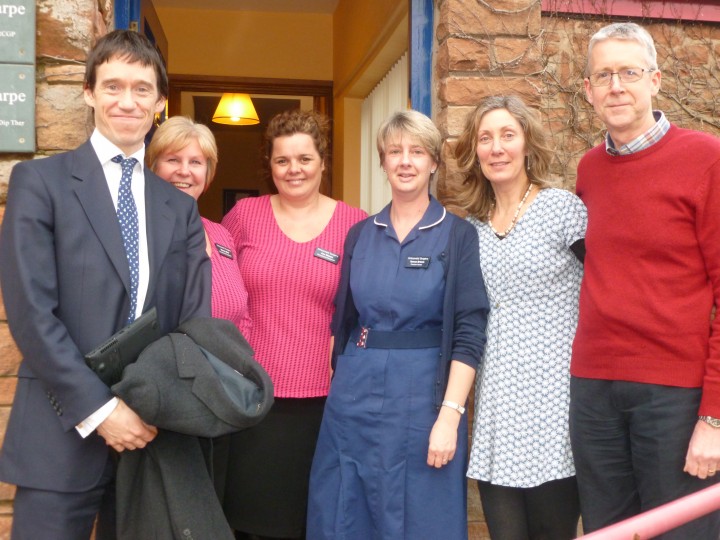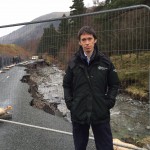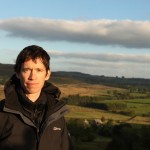What kind of place do we want Cumbria to be in twenty years’ time? Or in two hundred years’ time? Our lives are still shaped by political decisions made centuries ago. We travel on railway lines, and drink from reservoirs, first laid by the Victorians. We look at scenery created by neolithic farmers and nineteenth century enclosure laws. Children are spared from going down mines, or up chimneys, women vote, everyone goes to school, not by accident but because of political battles long ago. When Willie Whitelaw first became MP for Penrith and the Border, almost half the houses in this constituency had no electricity or indoor lavatories. That was just over fifty years ago. Now 60 million British people make 100 million foreign trips a year.
Those political decisions, those investments, and that history will continue to shape Cumbria’s future. Just as our sparsely-populated, austere, working landscape will continue to shape our economy. Our scattered population, for example, is one reason why still today, 92 per cent of us work for businesses employing less than 10 people, and more than a quarter of us are self-employed. This is a strength because we are not completely dependent on a single industry exposed to economic cycles. But sparseness brings challenges – it means we have to fight harder than other places to support small schools, community hospitals and ambulances, fire engines, and pubs. And we need to invest more heavily than almost anywhere else in communications, which in our generation means train, bus, roads, super fast broadband, and mobile telephone signals, but which could mean some quite different technologies for our grandchildren.
Our two largest income earners – tourism and farming – also emerge from our landscape. The lambs that entrance us at springtime, the dignified lines of the stone-walls, and many of the children in the village schools still come from, and depend, on families in working farms below lonely fells. By some miracle we have inherited a landscape, which has been lost in most of Southern England and much of Highland Scotland – the perfect meeting of the wild and the pastoral. We must protect it from schemes which destroy farms, and from ugly and inappropriate developments that destroy our natural beauty.
This is in our economic interest. But is also our obligation to our inheritance – a landscape that we love, and which is treasured by millions far from Cumbria. Our historic landscape also still attracts tens of thousands of people who come to work or retire here. We should treasure the energy, imagination and experience they bring to neighbourhood planning, or campaigns to save our local institutions – their support for everything from the Keswick Literary Festival to community broadband. But we should also connect our local children more closely to Cumbria – whether it is through building genuinely attractive, appropriate, affordable housing (as in Crosby Ravensworth), or helping them to find fulfilling careers in agriculture (through Newton Rigg College, for example), in the outdoor industries (last week I met people from 300 outdoor businesses at a single event), or even in international export (Wigton’s Innovia exports 90 per cent of its products).
But these are just general principles. Politics shouldn’t be reduced to an abstract word, whether it is the ‘economy’ or ‘equality’ or even ‘Cumbria’. We must make our vision clearer, local and more detailed, so we are not misleading others, or deceiving ourselves. Only if we describe our future fully and convincingly can we work together to make it happen. And we cannot assume that the only things that matter are local, or that what we take for granted will always remain. Germany – perhaps the most prosperous and educated country in the world in the early twentieth century– was plunged into horror. Syria was literate, urban, prosperous, three thousand years before anyone in Cumbria could read or lived in a town, and it was at peace from the Crusades until 2011. A nuclear terrorist attack, or even a cyber-attack, on one of our cities, could shatter our civilisation overnight. We need to think not only about the broader economy, but also about Foreign Affairs and Defence – even Cumbria depends on things outside Britain.
But our genius is local. We have never been so healthy or educated. Energy, talent, common-sense and experience spills from every village. There is an election coming. So please vote – whoever you vote for. But what will make Cumbria magical for our grandchildren is not simply the landscape, or the economy, or any election, but how we continue to combine our imaginations. Democracy is not a once-in-a-five-year event but an ongoing commitment to compromise, community and effort.
It is now five years since I wrote my first Herald column. And what stays with me isn’t so much the big projects, but the 8,500 individuals, businesses and charities, who have written with questions, problems, and, above all, with ideas for the future. It is voices like these – rarely in agreement – which have, for centuries, shaped the country we love. And our future depends on making sure all these ideas continue to be clarified, brought together, and brought to life.







